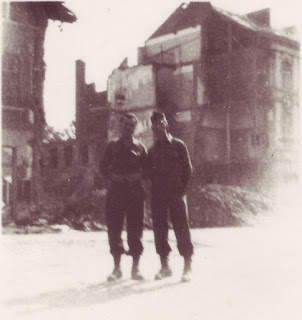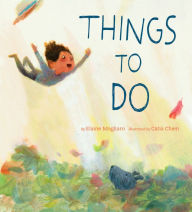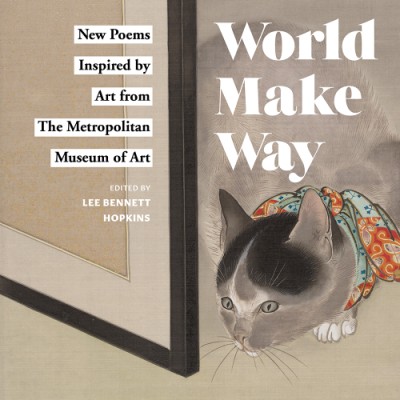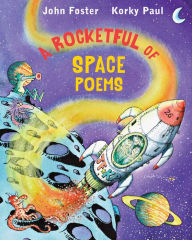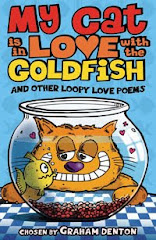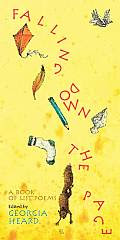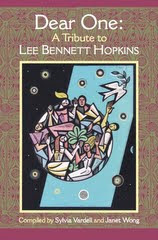 I fell
in love with the poetry of Li-Young Lee
when I read his debut collection Rose. Published in 1986, the
book won the Delmore Schwartz Memorial Poetry Award. In the foreword that he
wrote for Rose, Gerald Stern said that when he first came
across Li-Young Lee’s poetry, he “was amazed by the large vision, the deep
seriousness and the almost heroic ideal “reminiscent more of John Keats, Rainer
Maria Rilke and perhaps Theodore Roethke than William Carlos Williams on the
one hand or T.S. Eliot on the other.” Stern added that what characterizes Lee’s
poetry “Is a certain humility, a kind of cunning, a love of plain speech, a
search for wisdom and understanding…”
I fell
in love with the poetry of Li-Young Lee
when I read his debut collection Rose. Published in 1986, the
book won the Delmore Schwartz Memorial Poetry Award. In the foreword that he
wrote for Rose, Gerald Stern said that when he first came
across Li-Young Lee’s poetry, he “was amazed by the large vision, the deep
seriousness and the almost heroic ideal “reminiscent more of John Keats, Rainer
Maria Rilke and perhaps Theodore Roethke than William Carlos Williams on the
one hand or T.S. Eliot on the other.” Stern added that what characterizes Lee’s
poetry “Is a certain humility, a kind of cunning, a love of plain speech, a
search for wisdom and understanding…”
Stern
also wrote in his foreword that the “father” in contemporary poetry “tends to
be a pathetic soul or bungler or a sweet loser, overwhelmed by the demands of
family and culture and workplace.” He said that the father in Lee’s poems isn’t
anything like that. He said the “father” in Lee’s poetry is “more godlike”–and
that the poet’s job “becomes not to benignly or tenderly forgive him, but to
withstand him and comprehend him, and variously fear and love him.”
Lee’s
second collection, The City in Which I Love You (1990),
is a remembrance of the poet’s childhood…and his father. Writing in Publishers
Weekly, reviewer Peggy Kaganoff said the book’s poetry “weaves a
remarkable web of memory from the multifarious fibers of his experience.”
For
Father’s Day, I have selected some poems from Li-Young Lee’s Rose
and The City in Which I Love You to share with
you.
Excerpt from Eating Alone
Once, years back, I walked beside my father
among the windfall pears. I can’t recall
our words. We may have strolled in silence. But
I still see him bend that way-left hand braced
on knee, creaky-to lift and hold to my
eye a rotten pear. In it, a hornet
spun crazily, glazed in slow, glistening juice.
It was my father I saw this morning
waving to me from the trees. I almost
called to him, until I came close enough
to see the shovel, leaning where I had
left it, in the flickering, deep green shade.
Click here to
read the rest of the poem.
**********
Excerpt from The
Gift
To pull the metal splinter from my palm
my father recited a story in a low voice.
I watched his lovely face and not the blade.
Before the story ended, he’d removed
the iron sliver I thought I’d die from.
I can’t remember the tale,
but hear his voice still, a well
of dark water, a prayer.
And I recall his hands,
two measures of tenderness
he laid against my face,
the flames of discipline
he raised above my head.
Had you entered that afternoon
you would have thought you saw a man
planting something in a boy’s palm,
a silver tear, a tiny flame.
Click here to read
the rest of the poem.
**********
Excerpt from My
Father, in Heaven, Is Reading Out Loud
My father,
in heaven, is reading out loud
to himself
Psalms or news. Now he ponders what
he’s read.
No. He is listening for the sound
of
children in the yard. Was that laughing
or crying?
So much depends upon the
answer,
for either he will go on reading,
or he’ll
run to save a child’s day from grief.
As it is
in heaven, so it was on earth.
Click here
to read the rest of the poem.
**********
Persimmons
**********
Some old photos of my father, Sigismund R. Drabik (1912-1984): Polish Immigrant, American Citizen, World War II Veteran
NOTE: I am having trouble with Blogger this morning. I can't figure out why there are whited-out areas on this post.
**********














